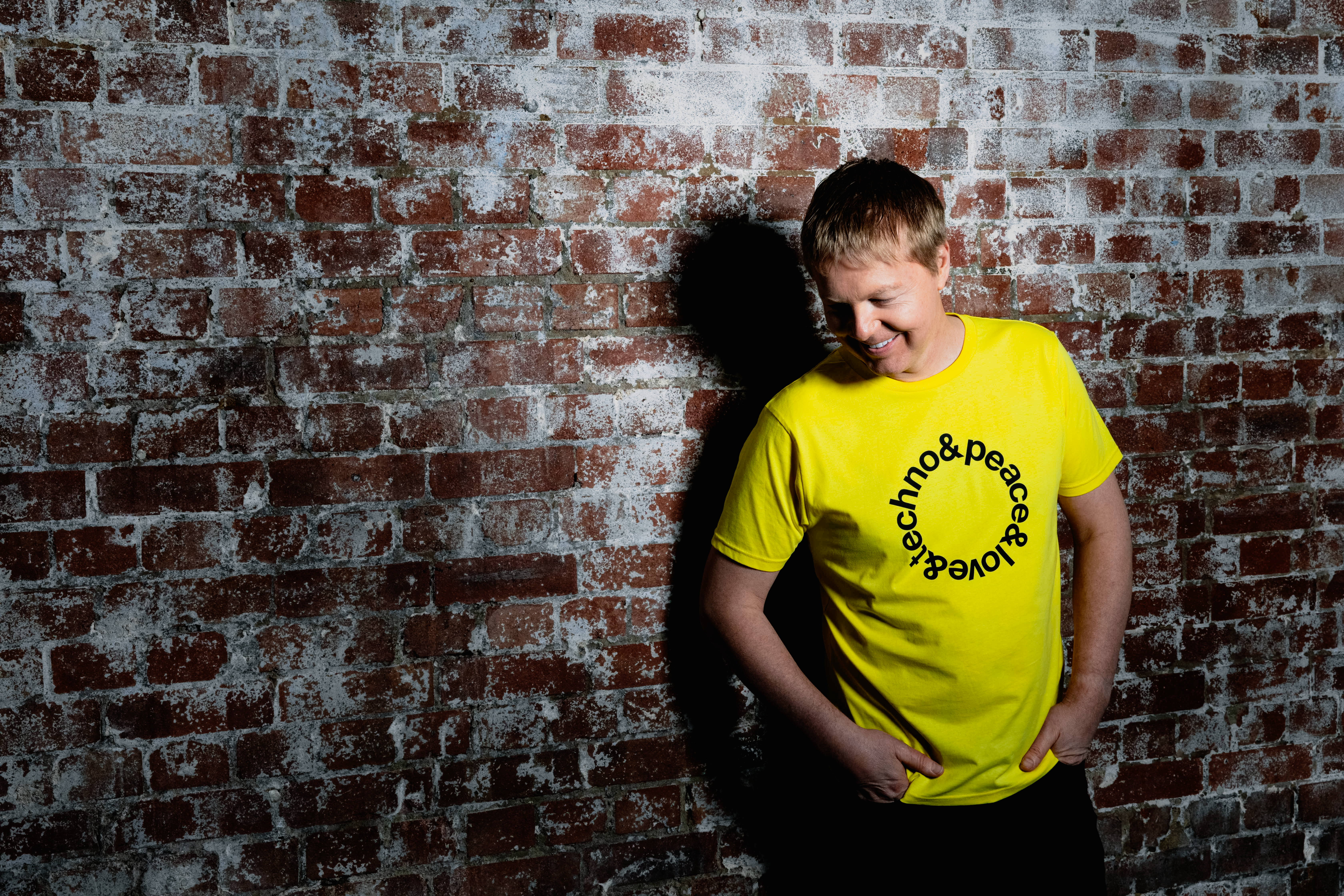Rad Cat Links the World's of Disco and Future Bass


Rad Cat (aka Christian Ariza) came into the public eye via the wild west of SoundCloud’s glory days. When R&B singer blackbear came across a Rad Cat remix of one of his songs, he reached out to Ariza. He never expected his remix to get back to the original artist, much less inspire a working relationship, but such is the nature of music in the internet age. Ariza’s sunny synth-heavy sonics have been featured in songs by Kevin Gates, Mike Posner, T-Pain, and an official Enrique Iglesias remix. He’s generally stayed true to the pop-leaning emotionally heightened aesthetic that got him in the studio for major labels. However, Ariza continues to surprise and explore new sonic territories. His recent release “Replay,” with Skyler Cocco hints at a disco-tinged sound.
“I definitely think it is the direction I'm going,” he says when asked about the slight departure from future bass. “I've been in love with house music and disco or nu-disco for a long time, ever since I started making music. It feels really good to be able to move towards the direction I always wanted to be in.”
He doesn’t see his new music as a huge departure from saccharine future-pop. It’s just another step closer to the artist he always envisioned himself to be. Even when started writing dance music, he always intended to blend pop-leaning future bass with funky disco. And now he sees himself in a place where he can explore new pathways of sonic manipulation without feeling tied down to any sound in particular.
Just last year, he released a string of noticeably darker mid-tempo music. “Diamond” on Dim Mak and the Love and Illusions EP exemplified how inextricably linked Ariza’s emotions are to the nature of his music.
“It started off with me getting my heart broken. And I wanted to explore the dark side of what I could do with music. It was really fun. It was definitely feel like I needed it. Just to kind of find myself and what I really wanted to do in music. It was interesting, tapping into a completely different side of music that I had never tapped into before.”
As proud as he is of that work he realized that he prefers to live on the brighter side of the street. “I feel like I needed that period of time to really figure everything out. Coming back to the brighter, happier music really solidified to me that I feel like that's what I'm meant to do. That's what makes me the happiest. I love to make happy upbeat music.”
His new outlook on music has also opened up the opportunity to realign with his roots in more traditional means of playing music. He got his first guitar at age 15, and until he fell in love with dance music was only interested in rock and emo. Until he heard “Ghosts ‘N’ Stuff” by deadmau5 on the radio, he thought dance music was, “super-weird and lame.”
During the pandemic, he bought himself a new guitar. He wants to incorporate the sounds that initially sparked his love of creation into the music he fell in love with.
“It feels it feels really great. In disco they have live elements like the guitar, the piano, bass. Electronic music is amazing. But I feel like it's also amazing to throw in some live elements to make it feel like alive.”
Ariza speaks like someone with decades of experience in the game. And for someone who achieved a remarkable level of success before he even turned 21, he has always retained a level head. He says he owes that to the way his parents raised him. A first-generation Mexican-American, he grew up with stories of hardship from his parents.
“They told me their whole story. I feel like, it definitely helped me grow up with an appreciation for where I was raised, and what I grew up with. I grew up with a house. A lot of these immigrant parents came from nothing. So, I think it just gave me a real appreciation for what I have and it gave me the drive to want to make my parents my family proud.”
And although he hasn't followed the traditional career route that they might have expected from him. He says he feels like he’s made them proud.
“I was still in school before things really started to go down. So they didn't really mind. And by the time that I was out of high school, and I was going to college, I started to do all that stuff with blackbear. They saw that it was working out. So, I think they were very understanding and accepting of it, which I know is not always the case. But I was fortunate enough to have my parents understand and accept what I wanted to do. They were always there to this day.”








































